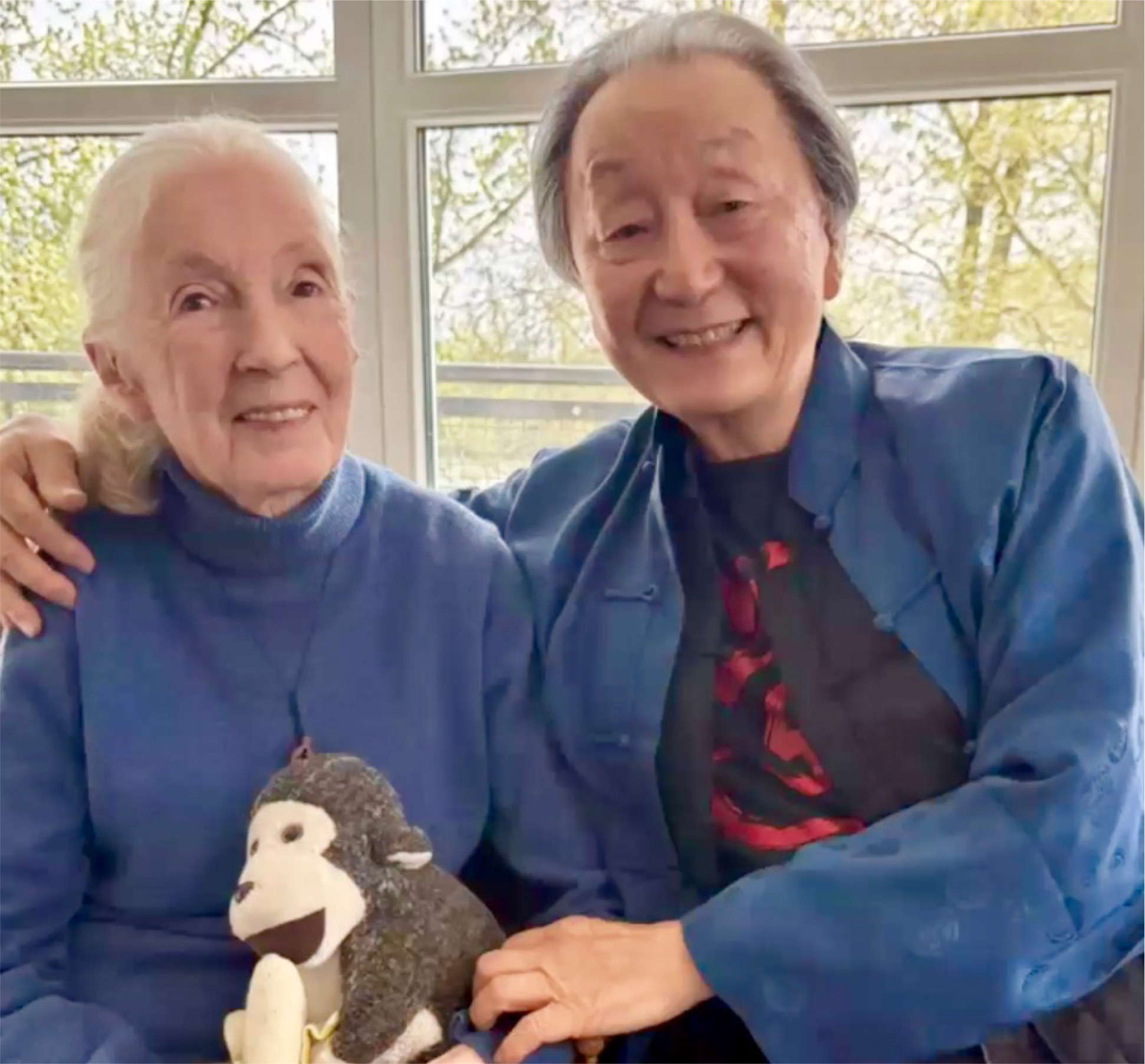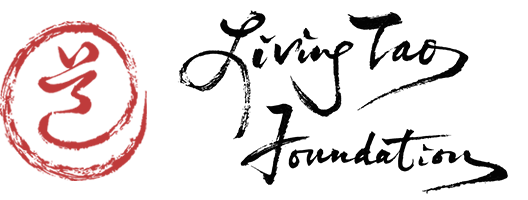Winter / Spring Living Tao Essential Tai Ji Series — Session Three
(April 2025)
Download Printed PDF All Study Materials
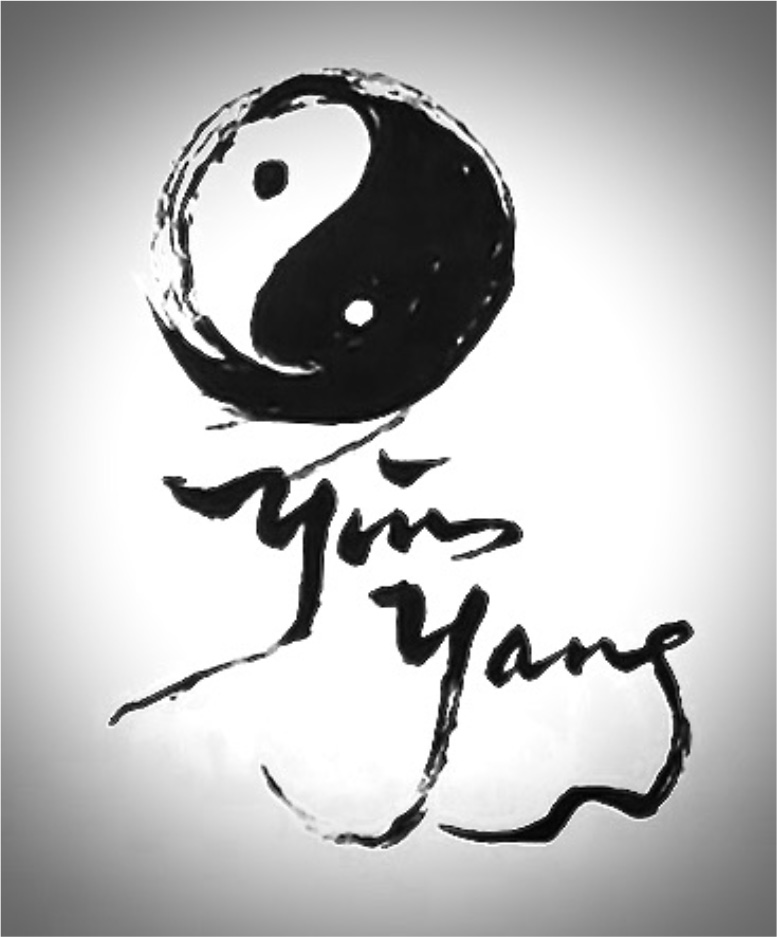
Hope Springs for the Future ~Xi Wang Jiang Lai 希望將來 ; and
New Growth /Creativity Replaces the Wilted / Decayed ~Xin Cheng Dai Xie新成代謝
Master Huang’s teaching encourages a holistic approach to Body, Heart/Mind & Spirit study through the practice of the Living Tao philosophy, metaphors, and forms. Over the course of this Series, while reviewing Tai Ji essentials, Master Huang will introduce new material in the following practice areas:
* Classics, Culture & Music: (Session Three: Yin Yang Pairs Inhale/Exhale, Take/Release, Collect/Shoot Out, Coming/Going, Exit/Enter); (Session Three: 春曉 Chūn Xiǎo Spring Dawn); Tao Te Ching 道德經 (Dao De Jing) of Lao Zi 老子 81 verses Wisdom (Session Three: Verses 66 & 77); (Session One: Verses 77 & 78) (Session Two: Verse 64); (Session One: Handel, Hallelujah Chorus, Jon Baptiste Beethoven Blues, & Marvin Gaye, What’s Going On); (Session Two: Zen/Tao sayings, “Spring comes, grass grow by itself” & “Chop Wood, Carry Water”); I Ching 易經 (Yi Jing) The Book of Change and Transformation (Session Two: Hexagram #3 and #24);
(Session Three: Hexagram #13)
* Related Calligraphy & Metaphors (Session One: Chūn / Spring, Series themes), (Session Two: Coming Back to Practice Again); (Session Three: Embrace Tiger, Return to Mountain); and
* Continued Articulation & Development of the Tai Ji Forms (Session One: Wu Xing, Five Moving Forces); (Session Two: Tai Ji Ritual); (Session Three: 3rd Circle Motifs).
YIN YANG PAIRS
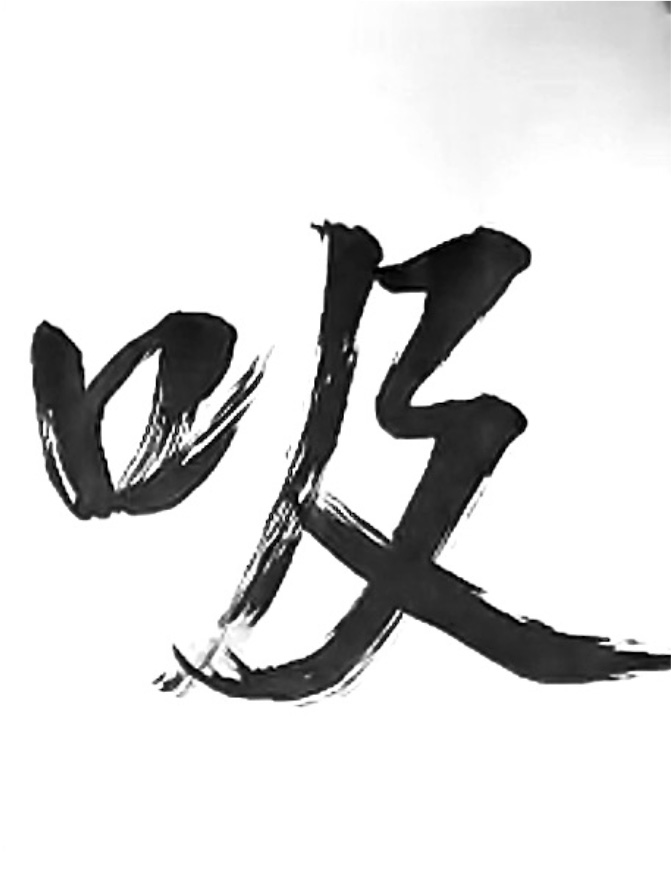
Xi / Inhale
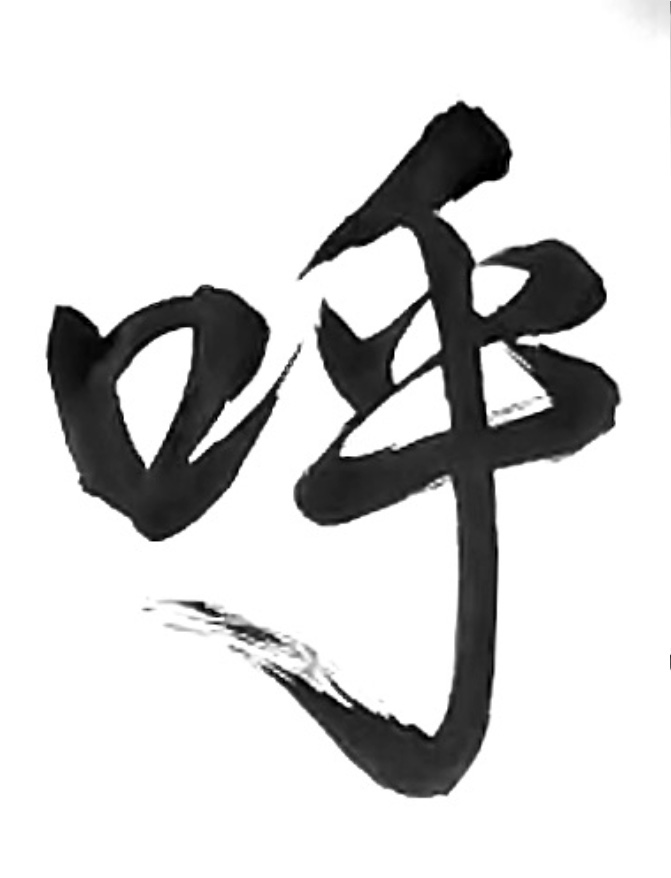
Hu / Exhale
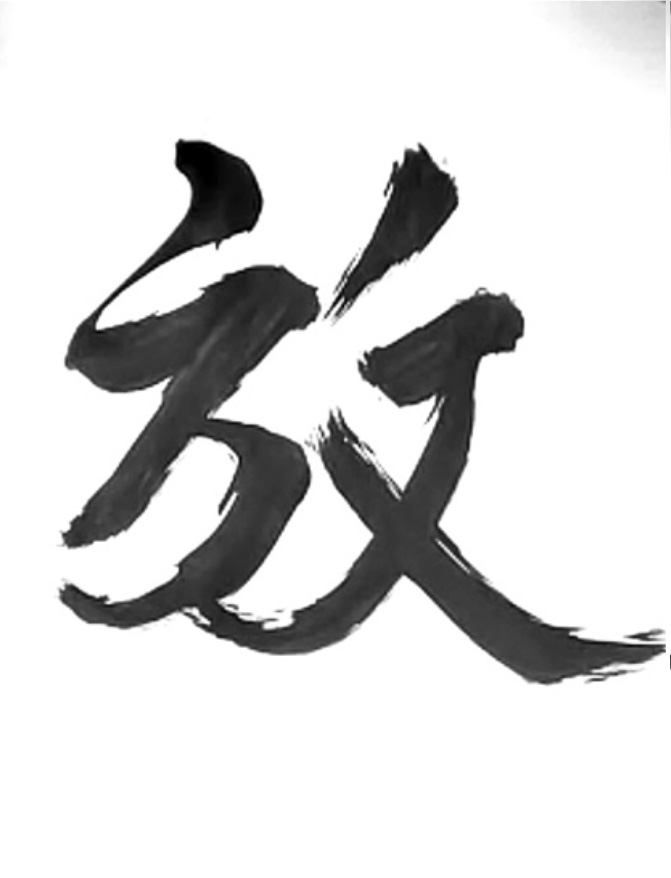
Fang / Release
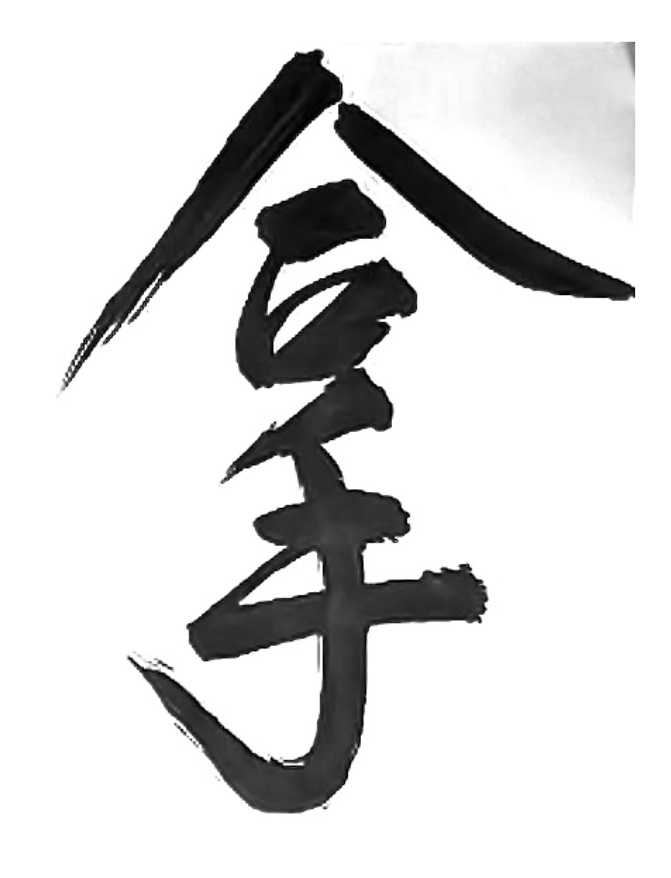
Na / Take
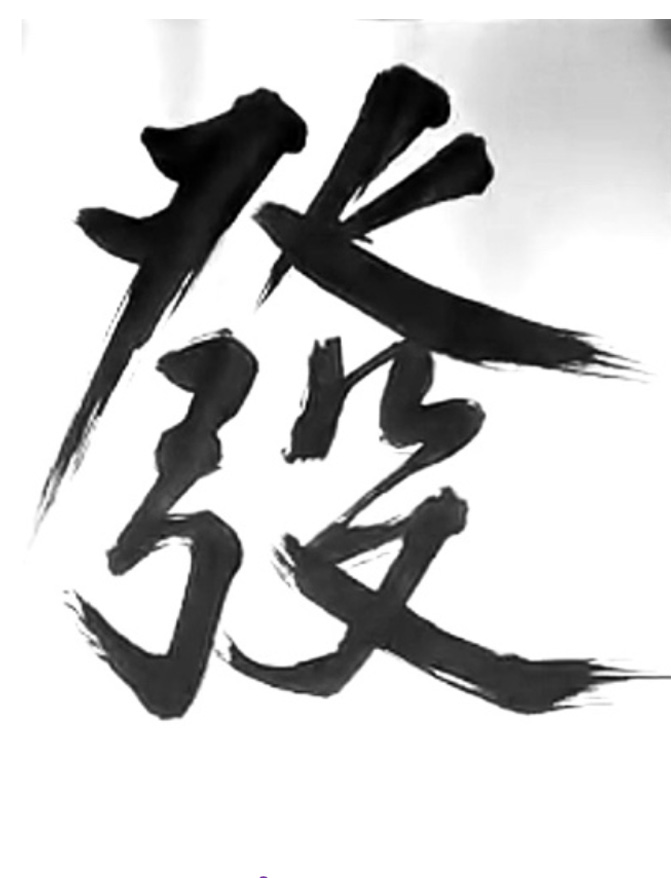
Fa / Shoot out

Sho / Collect
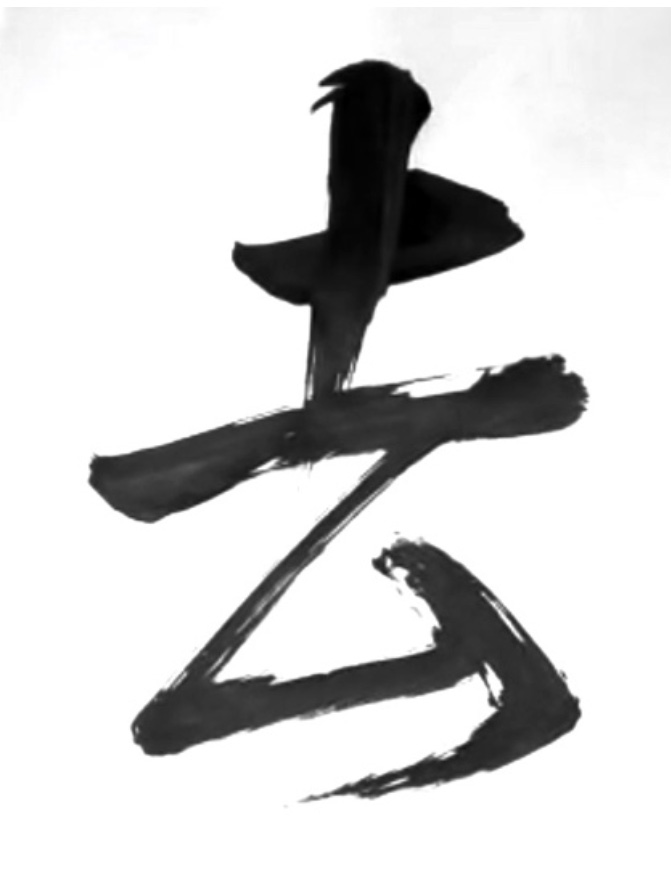
Qu / Going
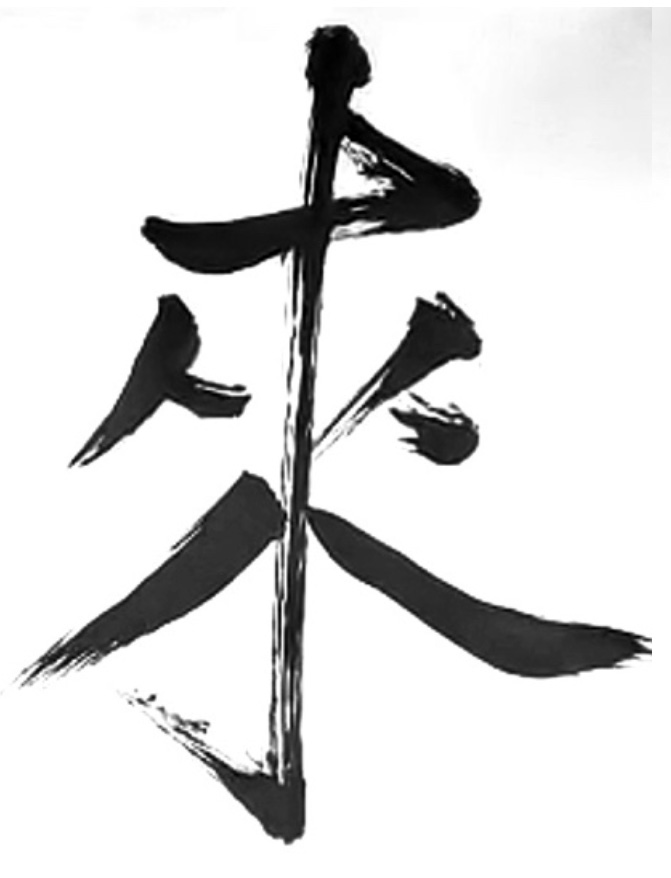
Lai / Coming
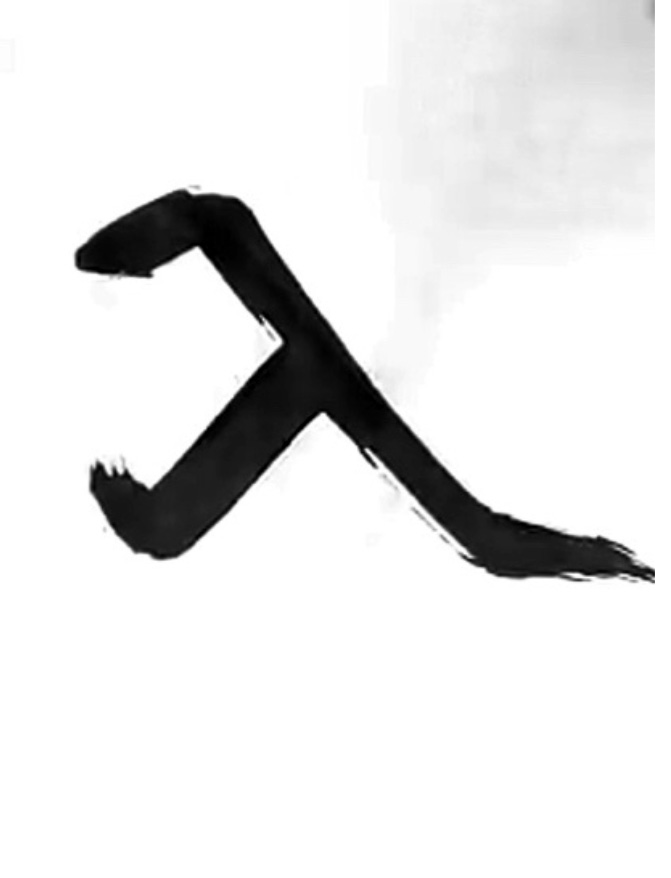
Ru / In – Enter
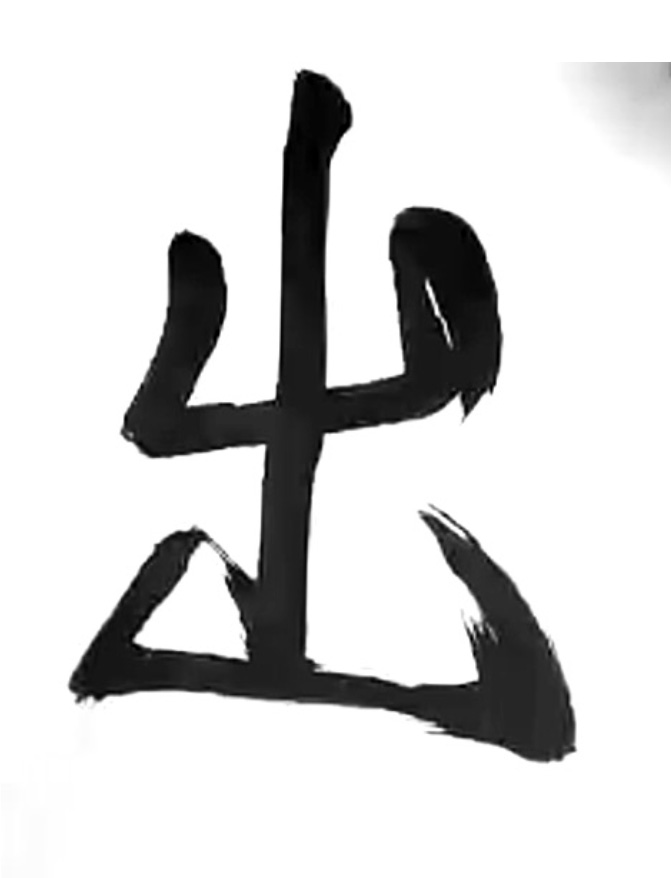
Chu / Out – Exit
EMBRACE TIGER, RETURN TO MOUNTAIN
BAO HU GUI SHAN
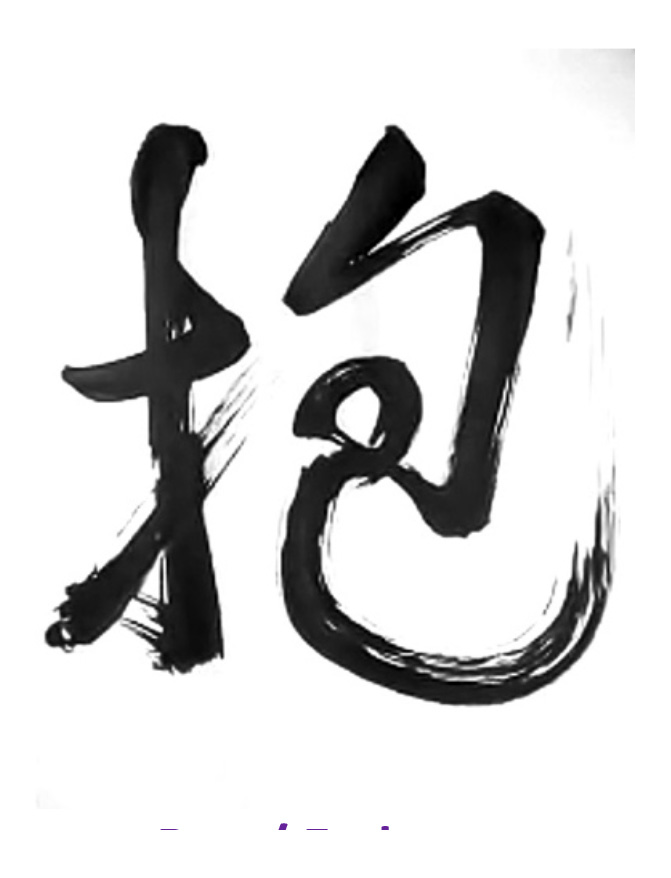
Bao / Embrace

Hu / Tiger
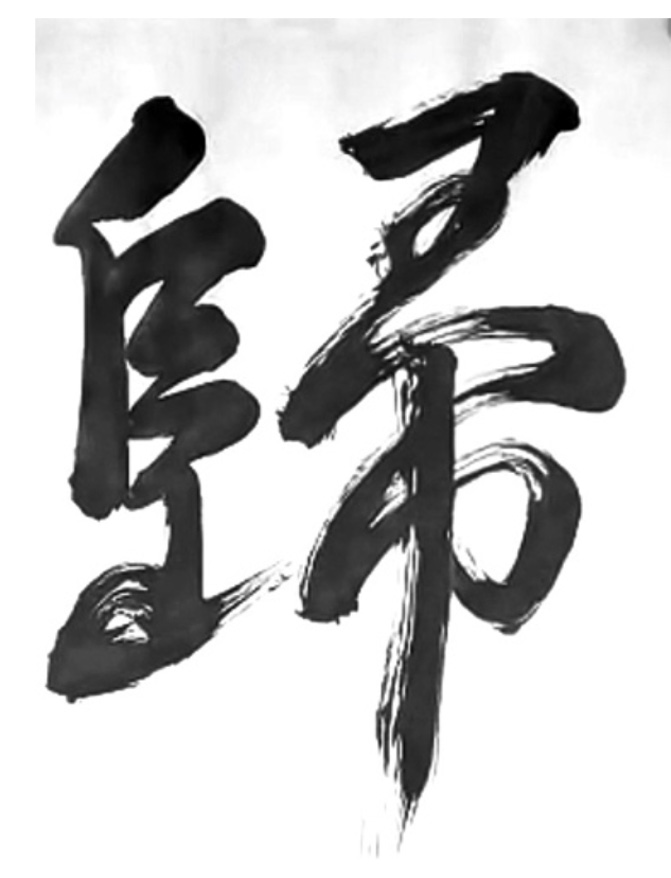
Gui / Return

Shan / Mountain
HONORING JANE GOODALL
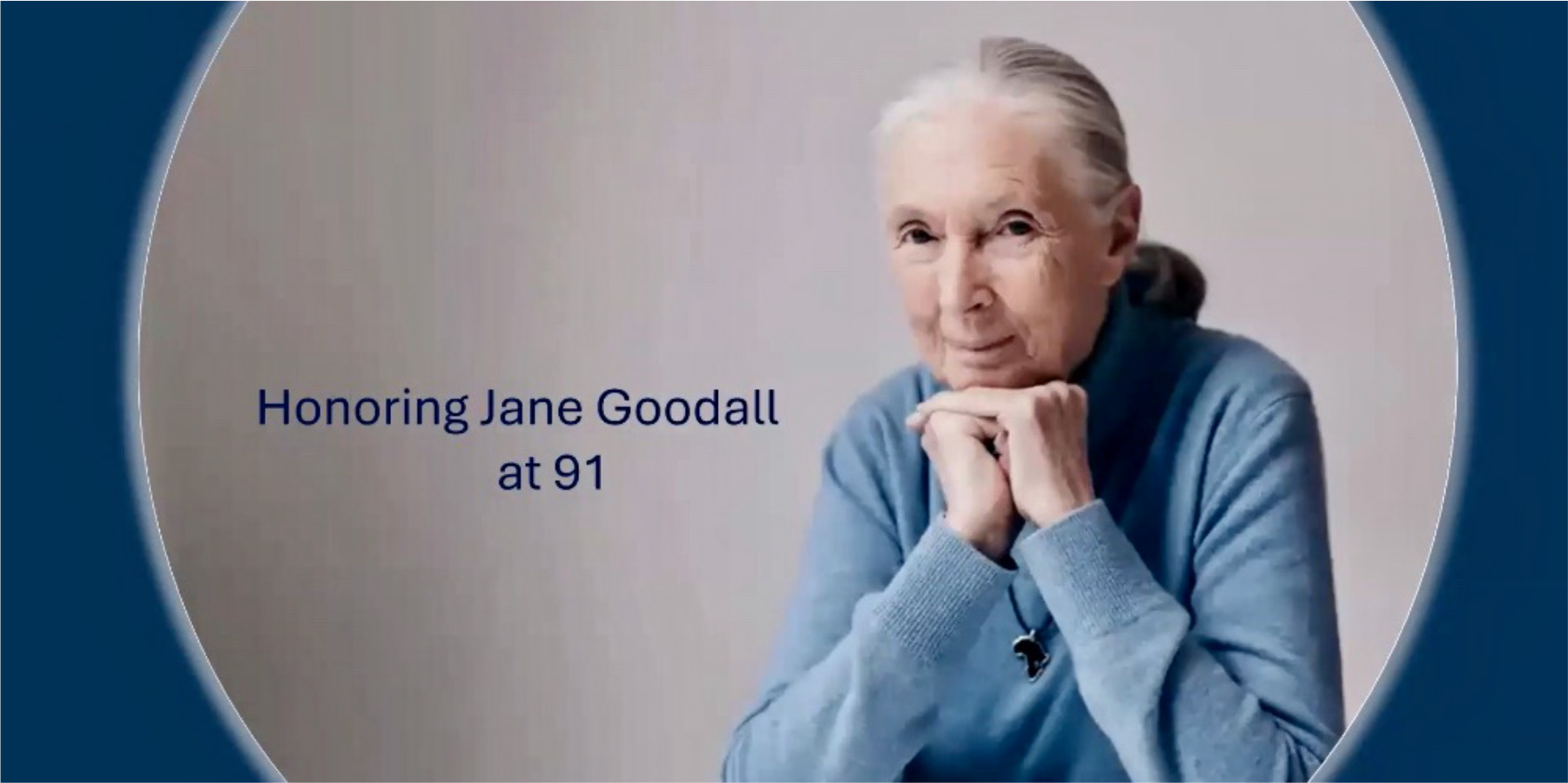
POETRY
春曉 Chūn Xiǎo / Spring Dawn by 孟浩然Meng Hao-ran
春眠不覺曉
處處聞啼鳥
夜來風雨聲
花落知多少
Chūn mián bù jué xiǎo,
chùchù wén tí niǎo,
Yè lái fēngyǔ shēng,
Huā luò zhī duōshǎo.
Spring Slumber, Not quite awakening, Everywhere, hear birds chirping, During the night recalling sound of wind and rain, wondering how many petals had fallen ~ Meng Hao-ren
HEXAGRAM #13 CHUN
Tong Ren – Fellowship with Humanity
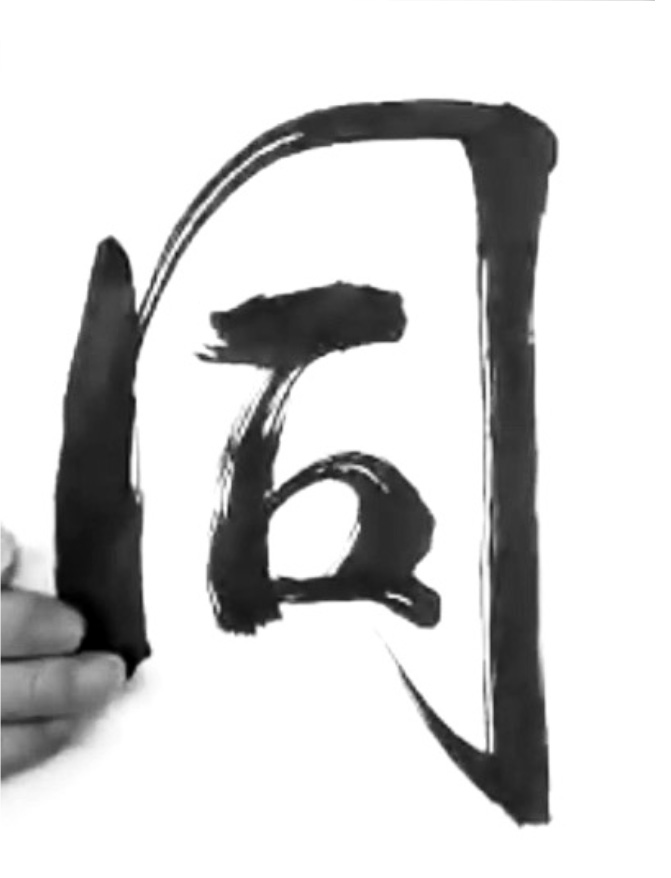
Tong
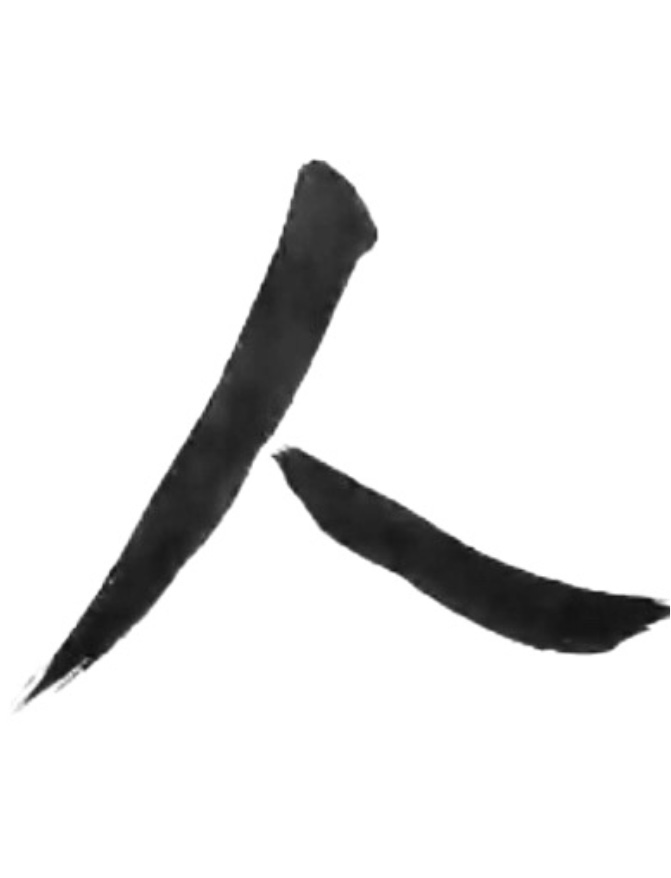
Ren
Trigrams Qian 亁 Above and Li 離 below
It is the Fire/light to shine upward to Heaven above, symbolizing the concept of fellowship and love.
TAO TE CHING 道德經 (DAO DE JING)
Verse 66
Putting One’s Self Last
Legge’s Translation
Susuki’s Translation
Goddard’s Translation
Putting One’s Self Last
Putting Oneself Behind
To Subordinate Self
1
That whereby the rivers and seas are able to receive the homage and tribute of all the valley streams, is their skill in being lower than they;–it is thus that they are the kings of them all.
That rivers and oceans can of the hundred valleys be kings is due to their excelling in lowliness. Thus they can of the hundred valleys be the kings.
The reason rivers and seas are called the kings of the valley is because they keep below them.
2
So it is that the sage (ruler), wishing to be above men, puts himself by his words below them, and, wishing to be before them, places his person behind them.
Therefore the holy man, when anxious to be above the people, must in his words keep underneath them. When anxious to lead the people, he must with his person keep behind them.
Therefore the wise man desiring to be above his people must in his demeanor keep below them; wishing to benefit his people, he must ever keep himself out of sight.
3
In this way though he has his place above them, men do not feel his weight, nor though he has his place before them, do they feel it an injury to them.
Therefore the holy man dwells above, but the people are not burdened. He is ahead, but the people suffer no harm.
The wise man dwells above, yet the people do not feel the burden; he is the leader and the people suffer no harm. Therefore the world rejoices to exalt him and never wearies of him.
4
Therefore all in the world delight to exalt him and do not weary of him. Because he does not strive, no one finds it possible to strive with him.
Therefore the world rejoices in exalting him and does not tire. Because he strives not, no one in the world will strive with him.
Because he will not quarrel with anyone, no one can quarrel with him.
Verse 77
The Way of Heaven
Legge’s Translation
Susuki’s Translation
Goddard’s Translation
The Way of Heaven
Heaven’s Reason
Dao Of Heaven
May not the Way (or Dao) of Heaven be compared to the (method of) bending a bow? The (part of the bow) which was high is brought low, and what was low is raised up.
Is not Heaven’s Reason truly like stretching a bow? The high it brings down, the lowly it lifts up. Those who have abundance it depleteth; those who are deficient it augmenteth.
Tao of heaven resembles the stretching of a bow. The mighty it humbles, the lowly it exalts. They who have abundance it diminishes and gives to them who have need.
(So Heaven) diminishes where there is superabundance, and supplements where there is deficiency.
Such is Heaven’s Reason. It depleteth those who have abundance but completeth the deficient.
That is Dao of heaven; it depletes those who abound, and completes those who lack.
It is the Way of Heaven to diminish superabundance, and to supplement deficiency. It is not so with the way of man. He takes away from those who have not enough to add to his own superabundance.
Man’s Reason is not so. He depleteth the deficient in order to serve those who have abundance.
The human way is not so. Men take from those who lack to give to those who already abound.
Who can take his own superabundance and therewith serve all under heaven? Only he who is in possession of the Dao!
Where is he who would have abundance for serving the world?
Where is the man who by his abundance can best serve the world?
Therefore the (ruling) sage acts without claiming the results as his; he achieves his merit and does not rest (arrogantly) in it:–he does not wish to display his superiority.
Indeed, it is the holy man who acts but claims not; merit he acquires but he does not dwell upon it, and does he ever show any anxiety to display his excellence?
The wise man makes but claims not, he accomplishes merit, yet is not attached to it, neither does he display his excellence. Is it not so?
3rd CIRCLE MOTIFS
Cloud Hands
雲 Yún 手 Shǒu
High Pat on Horse
高探马 Gāo Tàn Mǎ
SUPPLEMENTAL REFERENCES
